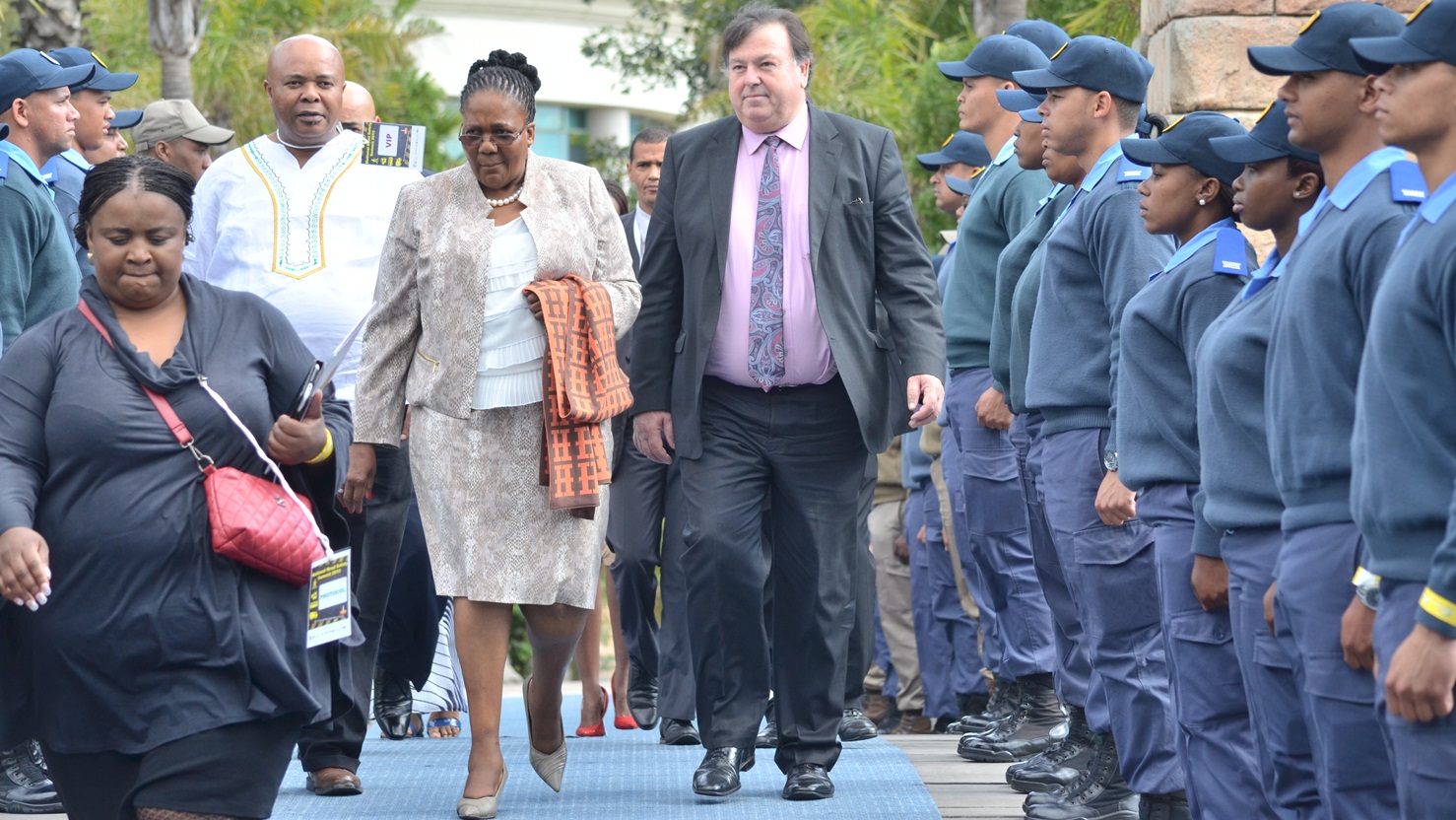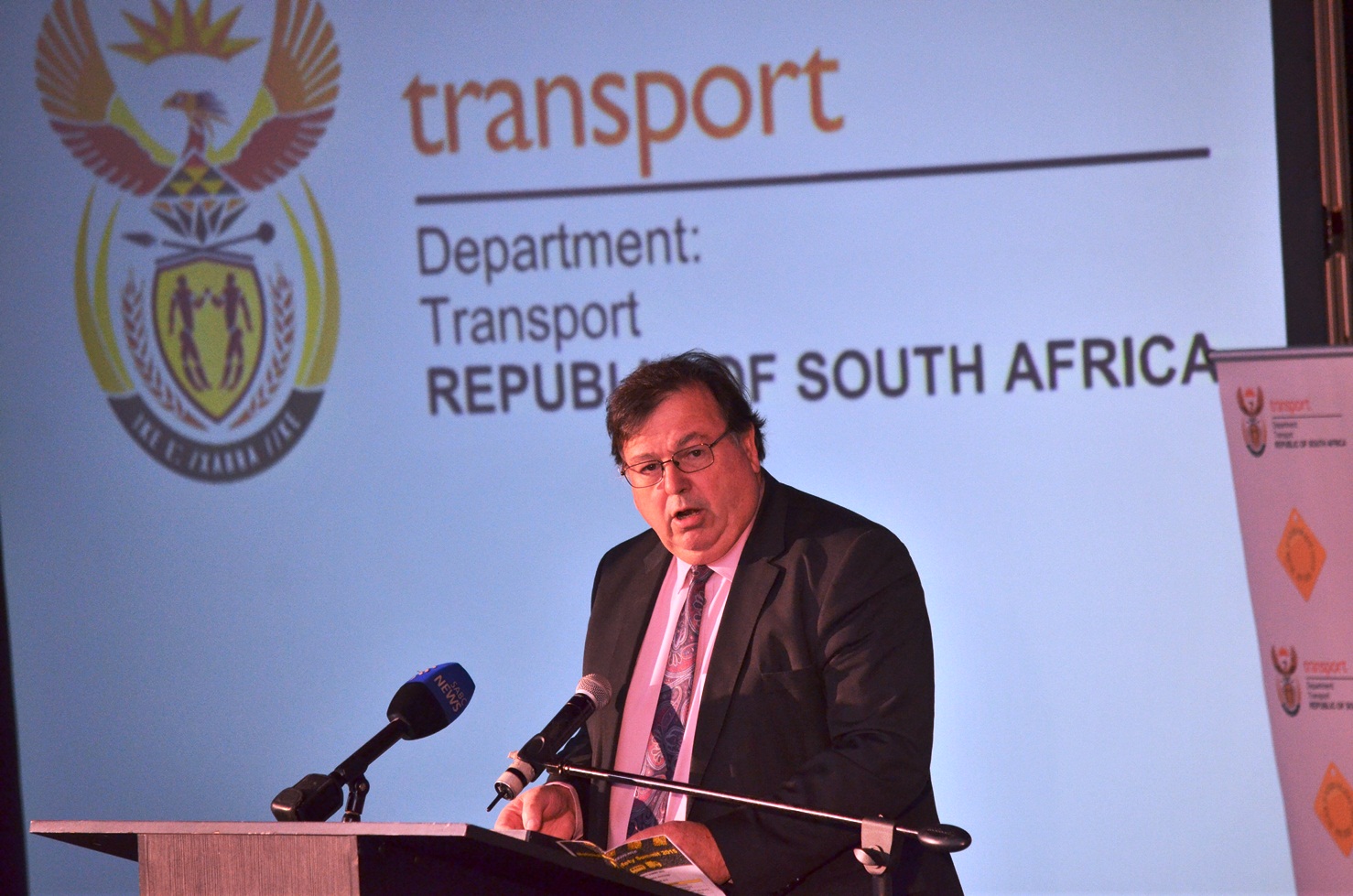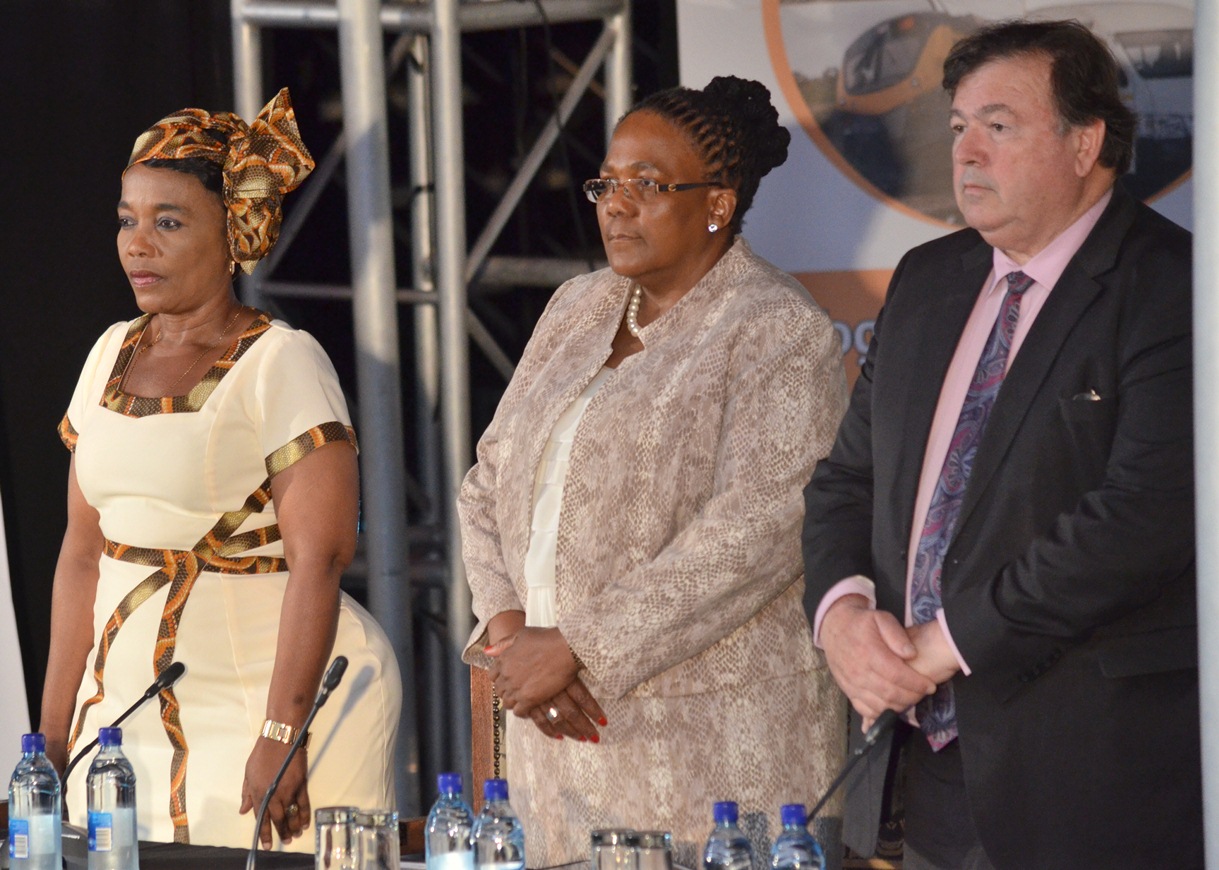
Speeches
Evidence-Based Approach Crucial to Saving Lives
Speech by Donald Grant, Minister of Transport and Public Works
- Programme Director.
- Honourable Minister of Transport, Ms Dipou Peters.
- My fellow MECs.
- Colleagues, partners, friends.
Welcome to the Western Cape. It gives me both joy and hope to see you all here today, united in a common resolve to work together to address the human and economic tragedy of our road trauma situation. Make no mistake, colleagues, the United Nations have now spoken on this issue, and the leaders of the world have laid down a heavy gauntlet. Target 3.6 of the Sustainable Development Goals adopted earlier this year calls for a 50% reduction in fatalities by 2020.
I don’t think I need to point out to anyone present today just how enormous a challenge such a target implies.
In the Western Cape, we have striven to tackle this issue head-on. In some ways, our results have been spectacular. We saw a 30% decrease between 2008 and 2013. Since then, however, our growing efforts have seen little change beyond our fatality levels remaining stable in the face of continued rapid expansion in human and vehicle populations. Truly, a difficult road lies ahead.
The ongoing costs of road trauma are enormous, here and across the country. The Medical Research Council estimates that more than 17 000 people are killed each year nationwide. The National Department of Transport has estimated a staggering annual cost in excess of R300 billion, for loss of earnings and the cost to the state of picking up the pieces. This is more than 8% of our GDP, and rising.
All of us are painfully aware that these costs do not reflect the indirect financial losses our society suffers from the death and injury to business owners, key employees, parents, children, loved ones, and ever-spiralling health, life and vehicle insurance premiums. Nor do they reflect the costs of already strained road networks shut down for hours, even days, by completely avoidable crashes.
In that word “avoidable”, colleagues, lies the key to unlocking this problem. It is the avoidable behaviour of our road users which most drastically and urgently needs to change, and it is addressing road user behaviour which is at the crux of our interventions in the Western Cape. To get motorists and pedestrians to change their relationship with alcohol and drugs, speed, seatbelts and cellphones, we need to integrate effective law enforcement and justice system action with best practice road safety education at population level.
On one hand, this means we are doing more and smarter policing of our roads, through leaner and more efficient planning and the deployment of networked technologies on a par with the best in the world. Our targeted alcohol blitzes and fatigue management programmes are now being complemented with an extensive average speed over distance network backed up with the introduction of networked handheld devices and vehicle and personnel camera systems.
On the other hand, this means getting the right messages to the right target audiences at the right times, in the right package. We are rapidly growing our communication efforts, building on the road safety education action at grass roots level with targeted messaging on radio, the Variable Message Signs on the freeways, on the web and on social media, and very soon on television and in cinemas.
Above all, it is a safer system we must develop. Right now, in the contexts of the NDP, national, provincial and departmental strategic plans, we are developing the right models for the province to link legislation, institutional frameworks, infrastructure, district safety planning, public transport, population level communications and above all, data-driven intelligence and evidence, in such a way as to build a safe system that keeps people as its central focus. Such a system must be based on evidence and best practice, yet allow for innovation, for trial and error, as we make our way forward.
In this regard, we value the support and encouragement of the Road Traffic Management Corporation, and that of our National Minister, the Honourable Dipuo Peters and her department. Without this support, many of our initiatives would not have seen the light of day, and we look forward to growing and expanding our partnership under the leadership of Minister Peters and CEO Advocate Msibi.
I would like to leave you with one thought, however. In the Republic of Ireland, road deaths dropped 65% from 1997 to 2012. Ireland, once the black sheep of Europe in road safety terms, now has roads thought to be among the safest in the world with a per capita death rate of about three per hundred thousand. This was done through effective law enforcement integrated with powerful population level education campaigns: campaigns we have successfully tested on target audiences right here in South Africa. So the good news is this: international models prove that dramatic change is possible; our research proves that South Africans are not a separate species from the rest of the world, that we can be influenced by the same interventions, tailored to our circumstances. So road trauma can be overcome. The targets can be met. It has been done elsewhere. It can be done here. And it will be done here. And we will do it together.
Spokesperson for the Minister of Transport and Public Works, Donald Grant
Tel: 021 483 8954
Cell: 084 233 3811
E-mail: siphesihle.dube@westerncape.gov.za
You can follow the Department of Transport and Public Works on Twitter: @WCGovTPW




